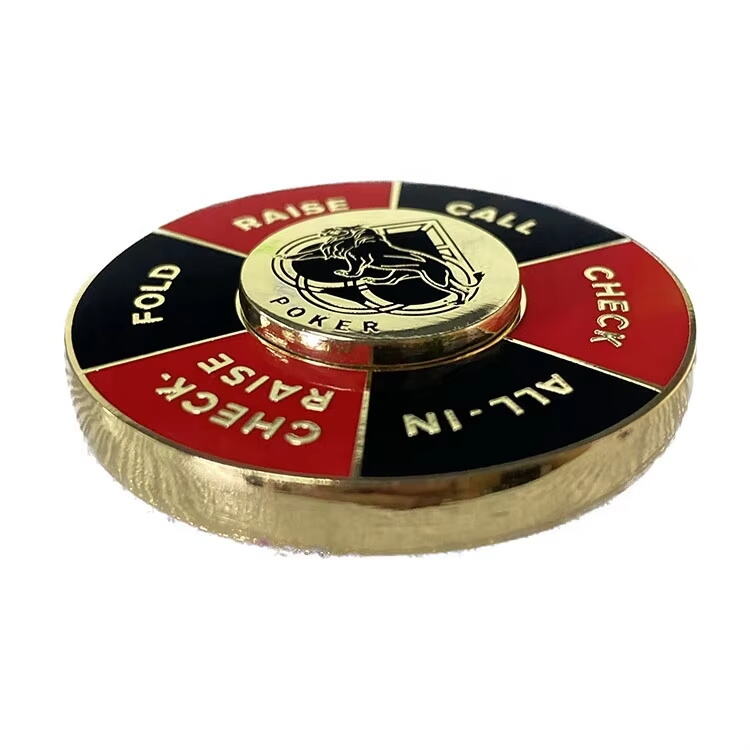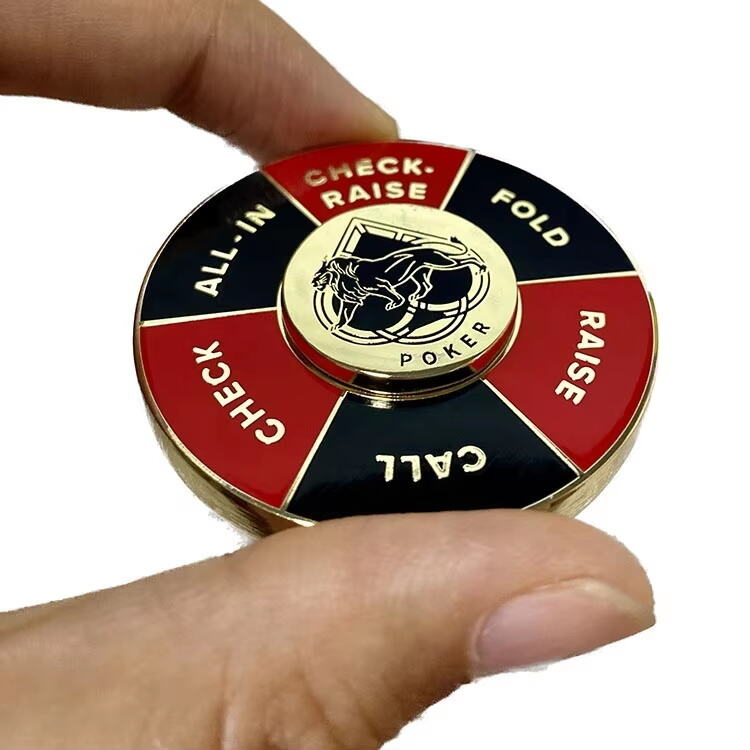Essential Guidelines for Selecting Event-Quality Poker Chips
Organizing a poker event requires careful attention to detail, and one of the most crucial elements is buying poker chips that meet professional standards. Whether you're planning a casino night, charity fundraiser, or private poker tournament, the quality of your chips can significantly impact the overall experience. High-quality poker chips not only enhance gameplay but also create an authentic casino atmosphere that your guests will appreciate.
The process of buying poker chips involves understanding various factors that contribute to their quality, durability, and authenticity. From material composition to weight specifications, each aspect plays a vital role in ensuring a premium poker experience. Let's explore the key considerations that will help you make an informed decision for your upcoming event.

Understanding Poker Chip Materials and Construction
Clay Composite vs. Plastic Chips
When buying poker chips, the material composition is perhaps the most critical factor to consider. Clay composite chips represent the gold standard in the industry, offering the authentic feel and sound that poker enthusiasts expect. These chips typically contain a mixture of clay and other materials, resulting in a dense, satisfying weight that professional players prefer.
Plastic chips, while more affordable, generally don't provide the same tactile experience or durability. However, recent advances in manufacturing have produced high-quality plastic composites that can serve as suitable alternatives for certain events. The key is to evaluate your specific needs and budget while considering the level of authenticity you wish to achieve.
Weight and Balance Considerations
Professional-grade poker chips typically weigh between 8 and 14 grams, with 11.5 grams being the most popular choice for casino events. The weight contributes to the overall feel and handling experience, making heavier chips easier to shuffle and stack. When buying poker chips, it's essential to test their balance and ensure they stack evenly without wobbling or tilting.
The distribution of weight within the chip also affects its performance. Quality chips feature uniform weight distribution, preventing any bias that might affect how they land or stack. This attention to detail becomes particularly important during extended play sessions where players constantly handle and manipulate the chips.
Design Elements and Security Features
Color Schemes and Denominations
A well-thought-out color scheme is essential for efficient gameplay and denomination recognition. Traditional casino color standards help players quickly identify chip values, reducing confusion and maintaining smooth game flow. When buying poker chips for events, consider including a variety of denominations that accommodate different betting structures and game formats.
Professional chips often feature detailed edge spots and intricate designs that not only enhance their appearance but also serve as security features. These elements should be clearly visible and consistent across all chips of the same denomination, allowing for easy verification during play.
Anti-counterfeiting Measures
Modern poker chips incorporate various security features to prevent counterfeiting and ensure authenticity. UV markings, microprinting, and unique inlay designs are common in high-quality chips. While these features may increase the initial cost when buying poker chips, they provide valuable protection for high-stakes events and professional tournaments.
Consider chips with serial numbers or custom authentication marks if security is a primary concern. These features can be particularly important for casino-themed corporate events or charity fundraisers where significant amounts of money may be involved.
Set Composition and Quantity Planning
Calculating Chip Requirements
Determining the right number of chips is crucial when planning your purchase. As a general rule, plan for 50-100 chips per player, depending on the tournament structure and betting limits. For cash games, you might need additional chips to accommodate rebuys and add-ons.
Consider the maximum number of tables and players you expect to host, then add a 20% buffer for unexpected situations. This ensures you won't run short during peak playing times and allows for potential expansion of your event in the future.
Distribution of Denominations
A well-balanced set should include an appropriate mix of chip values to support your intended game format. Tournament play typically requires more lower-denomination chips at the start, with higher values introduced as the event progresses. Cash games need a broader range of denominations available throughout the session.
When buying poker chips, consider purchasing extra chips in commonly used denominations. This provides flexibility in setting up different game types and ensures you have replacements for lost or damaged chips.
Storage and Maintenance Considerations
Professional Storage Solutions
Investing in proper storage is essential for protecting your poker chip investment. Quality carrying cases or aluminum cases with foam inserts help prevent damage during transport and storage. Look for cases that offer individual chip slots or specialized trays to minimize contact between chips.
Consider the weight of your complete set when selecting storage options. Large sets can become quite heavy, so multiple smaller cases might be more practical than a single large container, especially if you need to transport the chips frequently.
Cleaning and Maintenance Protocols
Regular maintenance extends the life of your poker chips and maintains their professional appearance. Establish cleaning protocols that include periodic wiping with a slightly damp cloth and immediate attention to any spills or stains. Avoid harsh chemicals that might damage the chip's surface or affect their weight.
Store chips in a climate-controlled environment to prevent material degradation. Extreme temperatures and humidity can affect certain chip materials, potentially leading to warping or discoloration over time.
Frequently Asked Questions
What is the ideal weight for professional poker chips?
Professional-grade poker chips typically weigh between 11.5 and 14 grams, with 11.5 grams being the most common choice for casino events and tournaments. This weight provides optimal handling and authentic feel during gameplay.
How many poker chips should I purchase for a tournament?
For tournaments, plan on 50-100 chips per player, plus a 20% reserve. A standard tournament with 100 players would require approximately 6,000-12,000 chips, depending on the structure and format of play.
Are clay composite chips worth the extra investment?
Clay composite chips offer superior quality, durability, and authentic casino feel compared to plastic alternatives. While they require a larger initial investment, their longevity and professional quality make them cost-effective for regular events and serious poker enthusiasts.
How should I store my poker chips to maintain their quality?
Store poker chips in a climate-controlled environment using specialized cases with foam inserts or individual slots. Avoid exposure to extreme temperatures and humidity, and clean them regularly with a slightly damp cloth to maintain their appearance and integrity.




